Thinking about the flow of cultural heritage in Nghe An province.
(Baonghean.vn) - Nghe An province is one of the greatest cultural cradles of the entire nation in the past.
Throughout history, from approximately 1040 to 1945, when King Ly Thai Tong appointed Uy Minh Hau Ly Nhat Quang as the governor of Nghe An province, stationed in the area that is now around Qua Son Temple in Do Luong district, Nghe An has a strategically important location and has made significant contributions to the nation's founding and defense. The people of Nghe An have always preserved their distinctive cultural characteristics in customs, traditions, ancestral culture, and a spirit of learning.
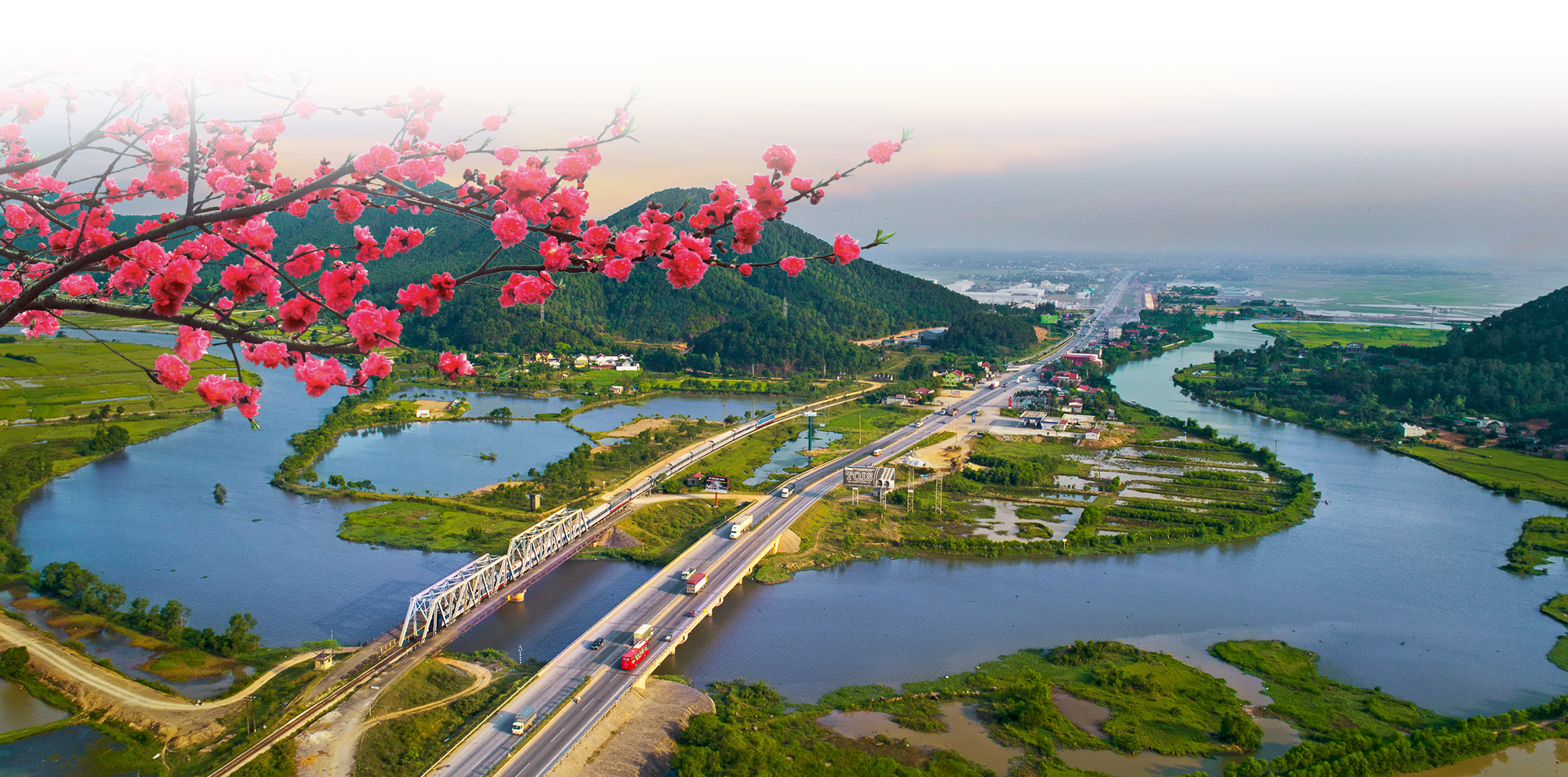
A great cradle of culture
The Đại Nam nhất thống chí (Comprehensive Gazetteer of Đại Nam) states: “Students value integrity, are mostly open-minded, devoted to learning, excel in literature, and dislike ornate styles. They are skilled in shopkeeping and trade, diligent in farming, and accustomed to frugality. Because the land is poor and the people are poor, their nature is simple, always diligent, honest, and they value reputation and teach justice. Their customs are simple, and they achieve honor and become officials in glory. In every era, there are talented people throughout the court and beyond, their names recorded in books. People in Hoan Châu are talented and eager to learn; everything they see is passed down.”
The woodblock edition of the Đại Nam thực lục chính biên also records Emperor Minh Mạng's praise: "The students from Nghệ An are spirited and generous; apart from Phú Xuân and Gia Định, nowhere else can compare. Therefore, the personal guards of our sacred dynasty are mostly drawn from Nghệ An; this is a blessing for the dynasty."
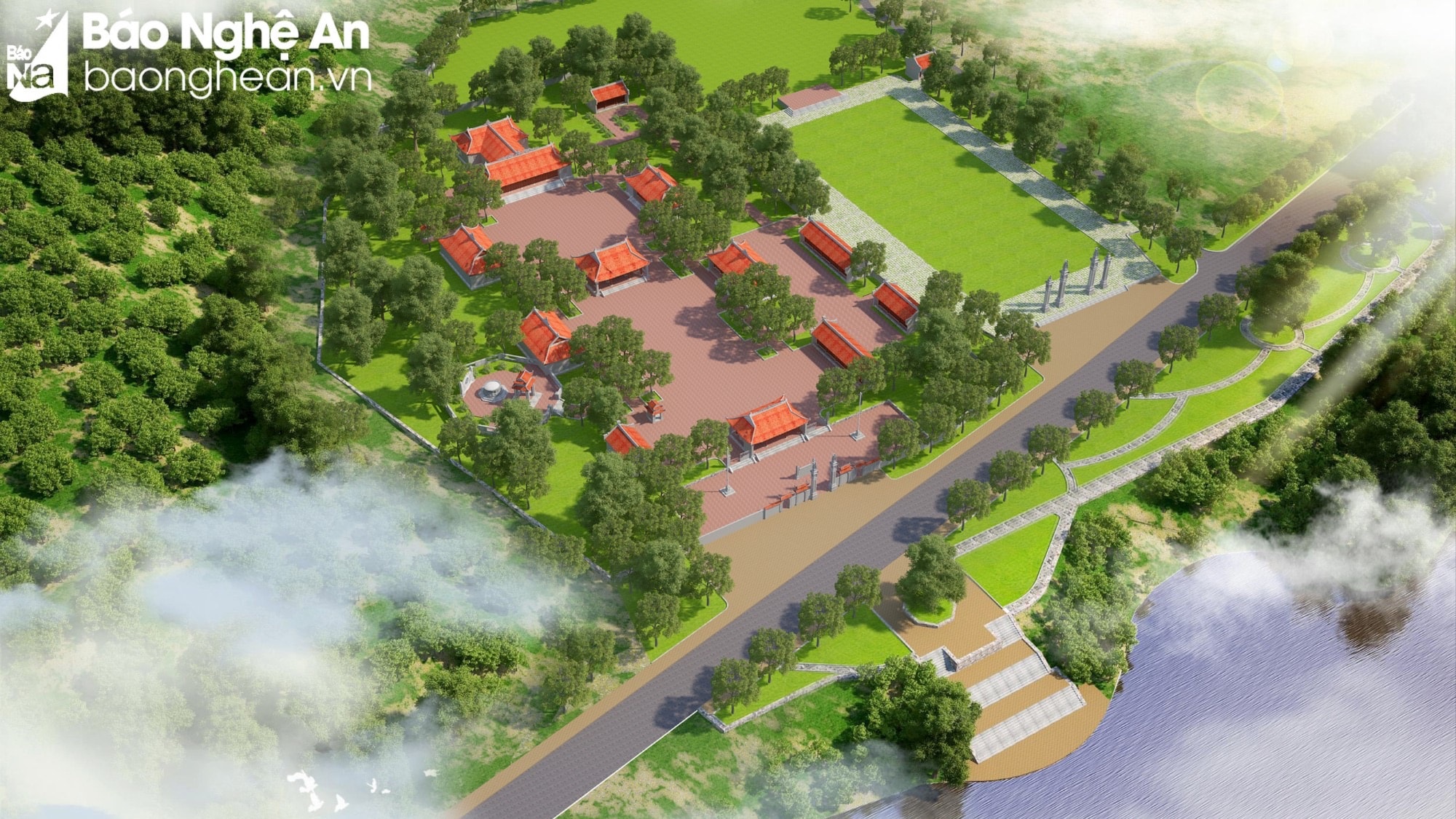
A region rich in culture and profound humanistic values, bringing glory not only to the homeland but also to the entire nation; with renowned figures not only of Vietnam but of all humanity such as Nguyen Du and Ho Chi Minh; and then there are the people, lands, and families that have brought honor to the country for centuries. In Nghe An province, these include the Nguyen Tien Dien family in Nghi Xuan; the Nguyen Huy family in Truong Luu, Can Loc; the Hoang Xuan family in Yen Ho, Duc Tho; the Ho family in Quynh Luu; the Nguyen Sinh family in Nam Dan; the Cao Xuan family in Dien Chau; the Dang family in Thanh Chuong; the Nguyen Duc family in Nghi Loc; the Nguyen Khac and Ha Huy families in Huong Son...
Nghe An is the cradle of Hoan Chau and the foundation of the Trai region (compared to the Kinh region in the North). This cradle nurtured the country's most prominent thinkers and intellectuals, including today's leaders, leaving behind a wealth of cultural heritage, family lineages, and cultural figures, with a strong and hardworking population. Through migrations over the past century, people from Nghe An have spread throughout the world. I have met people from Nghe An in the US, UK, France, and Eastern Europe, and it can be said that Nghe An expatriates are everywhere, perhaps making up the largest proportion of the millions of Vietnamese people living abroad…
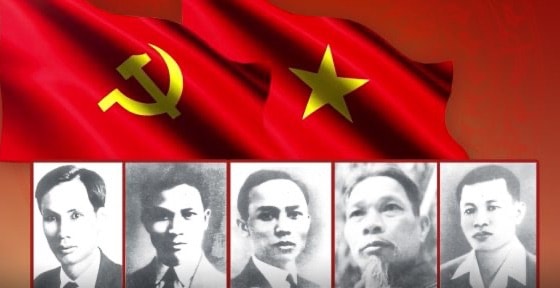
Prominent figures of 20th-century Vietnamese people from Nghe An who left their homeland for a greater cause include Phan Boi Chau and Ho Chi Minh, along with figures like Hoang Xuan Han, Nguyen Xien, and Dang Thai Mai... who ventured into the world. They left driven by a thirst for knowledge, seeking to connect with global intellectual traditions and human civilizations (for Phan Boi Chau, Japan and China; for Ho Chi Minh, Europe and the United States...), enriching their understanding and intellect, and shaping them into great individuals. What contributed to this greatness? It's impossible to ignore the accumulated aspirations, the patience and perseverance in their search, all intertwined with the circumstances of their birth, time, and the context of their upbringing.
Therefore, it is entirely possible to affirm the solid existence of the Nghe An cultural region. A cultural region connected from ancient history, based on a rich wealth of folk culture and scholarly literature, on the development of the entire nation, culminating in great figures and their legacies, which are also the legacy of the homeland and the nation... Nghe An demonstrates an extremely significant position, even arguably one of the greatest cradles, with the greatest cultural heritage, artifacts, and people... in the entire flow and development of the Vietnamese nation.
The void today…
Today, in the relentless flow of history, as we witness Vietnam's strong rise in the world and even see a clearer picture of the country's future from 2030-2045—that of a middle-ranking power in the region, a solid market economy, and sooner or later, an industrialized nation—where will Nghe An province stand in this picture, in this flow?
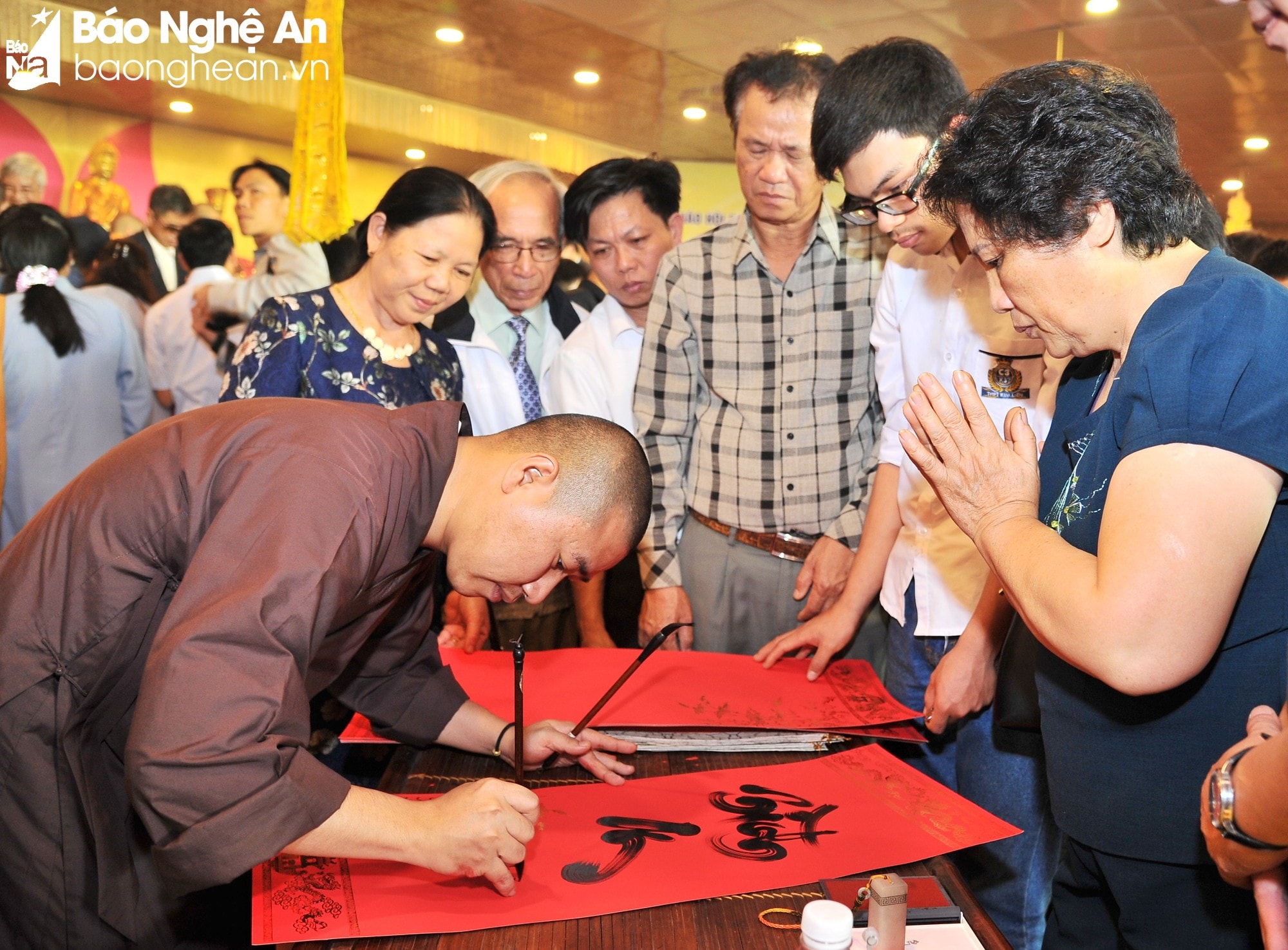
Many issues arise for Vietnam as a whole and Nghe An province in particular: the shattered and lost heritage of centuries of war and backwardness, which is being rebuilt, but while houses, stones, and bricks can be "revived," countless intangible cultural heritages are difficult to recreate in the same way; the cradle of a land of learning still faces difficult challenges due to a shortage of high-quality human resources in various professions, mass education remains a distant dream, and the problems of modern education still need to be addressed; Nghe An in the context of geopolitical shifts; the connection between people from Nghe An at home and abroad, between those in Hanoi and Ho Chi Minh City and their homeland… and the challenges facing the new generation of Nghe An people in their homeland.
A series of historical figures from Nghe An have left a great cultural legacy. Considering education specifically, and the foundation of education that forms the basis for nurturing future generations, in my opinion, the decline became clearly evident in the late 20th century, after the war ended. The continuity of generations seems to have disappeared, and this gap is creating a large void that could be measured in generations. This gap may be one of the main, or underlying, reasons hindering socio-economic development in Nghe An.
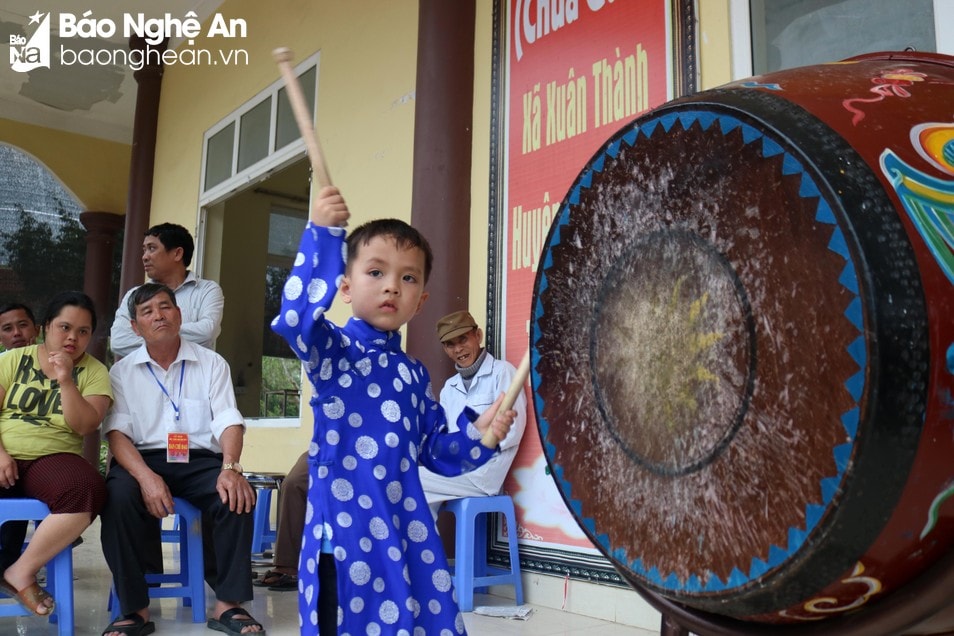
My hometown, Dong Son commune, Do Luong district, Nghe An province, has witnessed many changes over the years, prompting me to reflect on and ponder a mix of joy and sorrow. Nearly 100 years after the Nghe Tinh Soviet of 1930, followed by decades of war and loss, and over 30 years of Doi Moi (Renovation), the market economy has brought about significant changes to my homeland. However, I am filled with concern and worry about the culture and the people, witnessing signs of fragmentation, decline, and weariness.
During my visits back home for festivals and to meet relatives, I noticed a lack of knowledge and culture in their activities, thinking, and mindset. The bookstores in the town of Do Luong, as well as in other districts, have all disappeared. The years I witnessed my grandfather and the elders discussing culture, history, and family are gone. The clans lack individuals with intellectual capacity, cultural knowledge, prestige, and scholarship; they are completely devoid of people with a deep understanding of history, family, lineage, and homeland.
Income and living standards have improved, but that's only in material terms. Spiritually, culturally, and intellectually, however, there seems to be a decline. While the general level of education has increased, with more people graduating from university, the number of exemplary individuals and figures with outstanding achievements and prestige in their communities, thanks to their ethics, knowledge, and critical thinking, has decreased compared to the past. They are no longer in their hometowns; they remain in Hanoi and other cities…
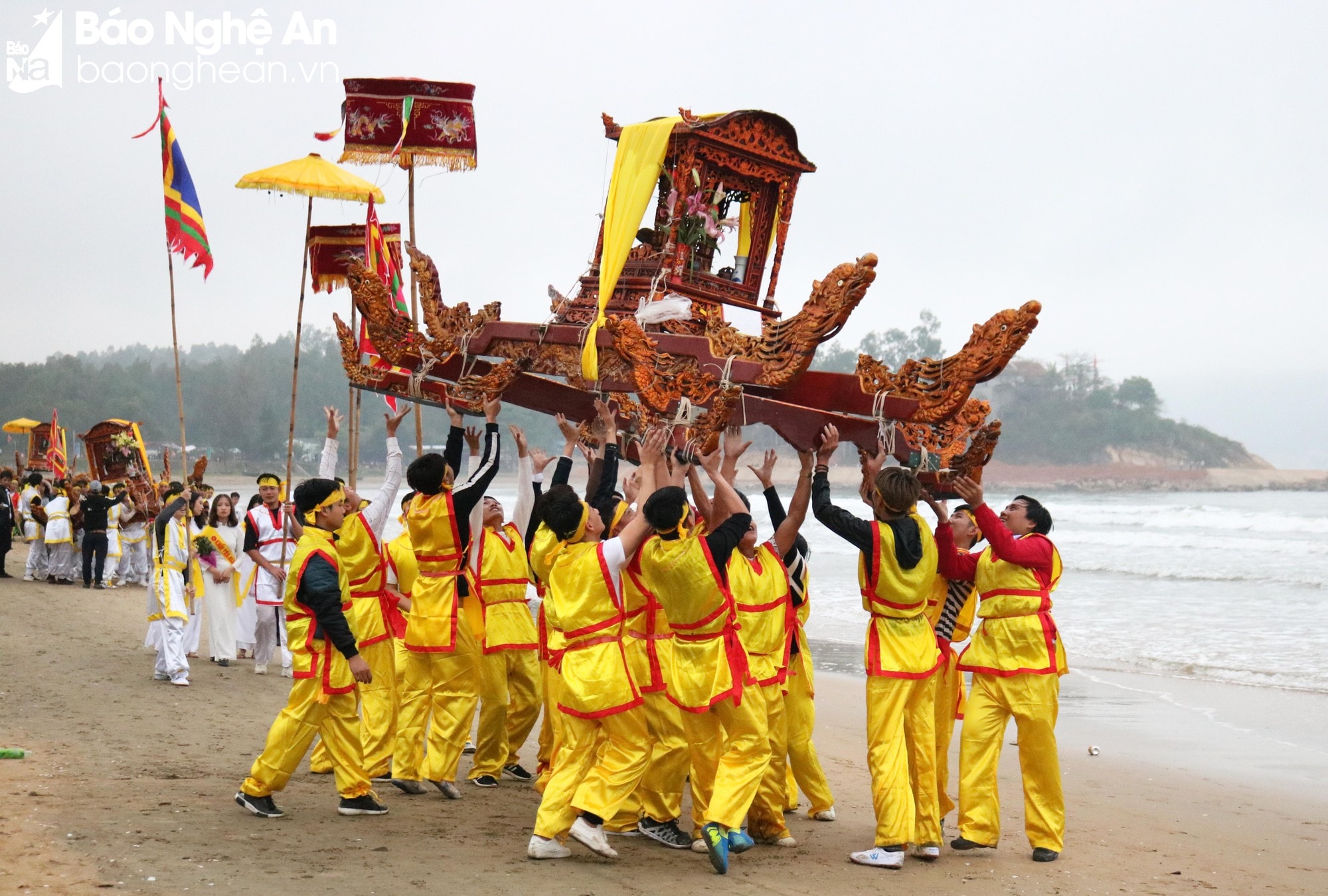
In the past, the elderly, the village teachers, or the school teachers—many of whom were merely village or primary school teachers—I saw in them an intellectual and scholarly quality, like a cornerstone, a compass, an anchor to guide and direct cultural activities within the family and the village. In the evenings of my childhood, my father would invite relatives and neighbors to chat about our homeland and country, about the cultural and historical values of the village, the district, and our families. Sadly, such intellectual conversations are becoming increasingly rare these days.
It's rare to see elderly people leaning on canes visiting each other to discuss culture and education. Nowadays, conversations at each meeting revolve around making money, building houses, eating, or gossiping about this person or that person… In some places, family reunions are mostly just noisy and expensive feasts and gatherings, but the genuine warmth and intimacy have faded. Gathering in the newly renovated church grounds, costing hundreds of millions or even billions of dong, yet the faces of those around us don't seem genuinely happy. The children look at the church and us with bewildered, unfamiliar expressions; gone is the warmth and closeness of the past. Stories about ancestors and grandparents are scarce, replaced by discussions about money, jealousy, comparisons, and sometimes even drunken arguments where no one is willing to back down…
Many people are competing to contribute money to building elaborate tombs and churches, but there is a lack of cultural and meaningful activities, especially among the younger generation in the countryside. The shortage of a successor generation with the necessary skills, knowledge, and cultural understanding is the most worrying aspect regarding the quality of the community's people. Who will continue these activities in 10-20 years? While there will be a succession of people, what will their level of expertise be? I am witnessing an enormous gap in knowledge, understanding, and capabilities within the family, the homeland, and the community, and I see no sign of healing or continuation.
I feel that the "anchors" that served as pillars of culture and spirituality have been largely lost. Therefore, today, only the outward appearance remains: bigger houses, larger tombs, larger temples, and lavish feasts, but too little genuine investment in the foundations of knowledge and culture. Investments that are 90% bricks, mortar, lime, sand, wood, and steel... lack the soul and heart of the people. The most qualified and talented individuals are leaving their homeland one after another and rarely return, leaving a vast void in culture and understanding.
Young people from my hometown, born after 2000, live in large cities like Hanoi, and their connection to Nghe An province will soon become a faint thread. The younger generations are gradually becoming more distant from their hometown, culturally, historically, and from the community; if they do return home, it will likely only be during festivals or, at most, once every few years, as a tourist trip, and then it will become less frequent. The relationship between the children born in Hanoi and those from my hometown will certainly be much weaker compared to the generation of my parents and grandparents, whom I call the connecting generation, and my generation, which is the transitional generation.
Ultimately, amidst all these disruptions and voids, the most meaningful solution must be to raise the intellectual level, cultural understanding, and traditional knowledge of the family lineage and homeland, where the level of education, knowledge, morality, and human qualities are the most solid foundation for a prosperous and sustainable community.



